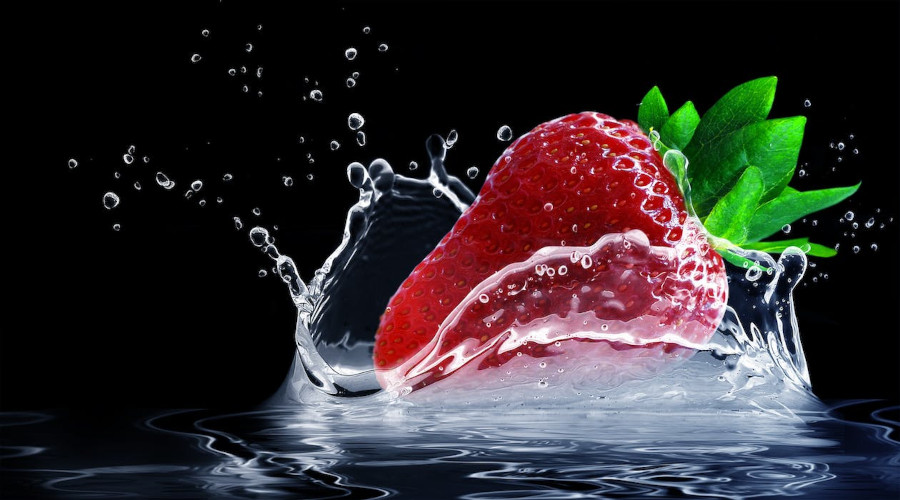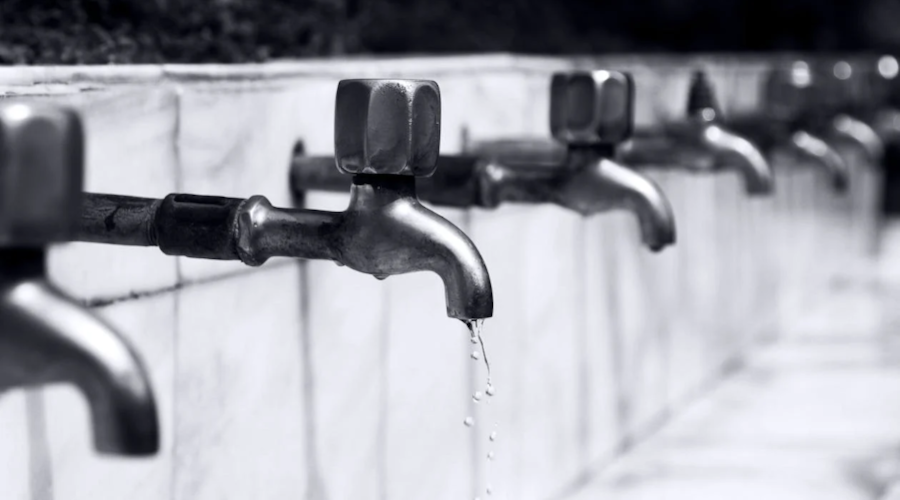Welcome to igreen.lv blog, where we support green living and environmental responsibility. Today, we’re going on an educational journey to discover how you can contribute to a cleaner and more sustainable future by installing solar panels on your property. But you need good financial backing before harnessing the sun’s power.
This article will compare two consumer credit options for financing solar panels. We will analyze a Banknote loan from a non-bank lender and a personal loan from SEB Bank. This way, we will determine which loan best suits your environmental aspirations!
What to consider before installing solar cells
Before you start using solar energy, you need to calculate the exact installation of the solar panels. First, you must assess your house’s or premises’ energy consumption to determine the required size and number of panels. Remember their location – for example, if installed on the roof, the angle of inclination, shading, and the direction of the sun’s rays are essential.
Before installing solar panels, it is worth checking local regulations and obtaining the necessary permits. Although solar panels require minimal maintenance, their output can vary depending on sunlight exposure and weather conditions.

Why take out a consumer loan for green purposes?
Installing solar panels is a significant financial undertaking. The total cost depends on the size of the system, the type of panels, installation costs, and additional work. On average, the initial investment starts from a few thousand to several tens of thousands of euros. Therefore, a down payment can be borrowed for such an investment, and the benefits will repay this loan.
Installing a so-called mini-solar power plant with money borrowed from a loan allows you to reap all its benefits immediately. The lower electricity costs will compensate for the repayment of the loan. This investment will also increase the property’s overall value, benefiting you. Your ecological footprint will be cleaner, too!
“A green loan – from a bank or a lender?
Let’s look at two personal loan offers of around €10 000 from a bank and a non-bank lender. SEB Bank has an ecological outlook, reflected in its green loans.
On the other hand, the non-bank lender Banknote gives a second life to its customers’ belongings, which also demonstrates their commitment to positively impacting the environment. In addition, their loan is suitable for a wider audience than a bank loan. Let’s take a closer look at their offers.

SEB Bank personal loan
This bank is the most significant player in the Latvian banking sector, offering consumer credit to meet your financial needs and take care of the environment. For two years in a row, SEB Bank has received the highest rating in the Sustainability Index for its initiatives in this area.
Here are some of the advantages why you should choose a SEB personal loan for installing solar panels:
- Loans from €1,000 to €20,000, suitable for different types of solar panels.
- Fixed interest rate from 8 to 30% for the entire loan term.
- The loan term is 12 months to 7 years, with the possibility of taking a credit holiday and extending the repayment term.
By choosing SEB, you support a bank promoting long-term environmental sustainability.
Affordable and fast credit from Banknote
If a loan from a bank is out of your reach, you can turn to conventional lenders like Banknote. Its offers are accessible to a broader range of people, with more flexible terms and faster disbursement. It is worth noting that it is a member of the Latvian Association of Alternative Financial Services and cares about the environment when buying second-hand goods.
Below are some of the points why you should consider a Banknote loan for your solar energy project:
- Loans from €100 to €10 000 for various projects.
- The repayment period is from 3 months to 5 years, allowing easy repayment.
- The interest rate can reach 54.2% per annum.
- Personalized offer is available at least 10 minutes from home or directly at a Banknote branch.
Banknote’s sustainability values are reflected in its support for the rights of the elderly and recycling initiatives. Special offers or promotions are also given to their loyal customers.
Solar energy for a green future
When choosing between a SEB personal loan and a Banknote fast loan for installing solar panels, consider the financial aspects and the lender’s attitude to the environment. Both companies have unique advantages – SEB’s sustainable ethics and Banknote’s approach.
Remember that your decision is not just about financing the installation of solar panels. It is a statement of your commitment to a more sustainable and greener future. Choose wisely and change the world towards a better future together!

Čau visiem, te Guntis no Viļāniem. Kopš bērnības mani interesē daba. Es māku slaukt govis, skaldīt malku un vadīt traktoru. Tātad zaļie produkti un zaļais dzīvesveids vienmēr ir bijusi daļa no manis. Bet pēc vidusskolas beigšanas sāku papildus interesēties par dizaina aktualitatēm. Protams, ka tam vajadzēja būt ZAĻAM dizainam. Tā arī tapa šī lapa. Izbaudiet!









